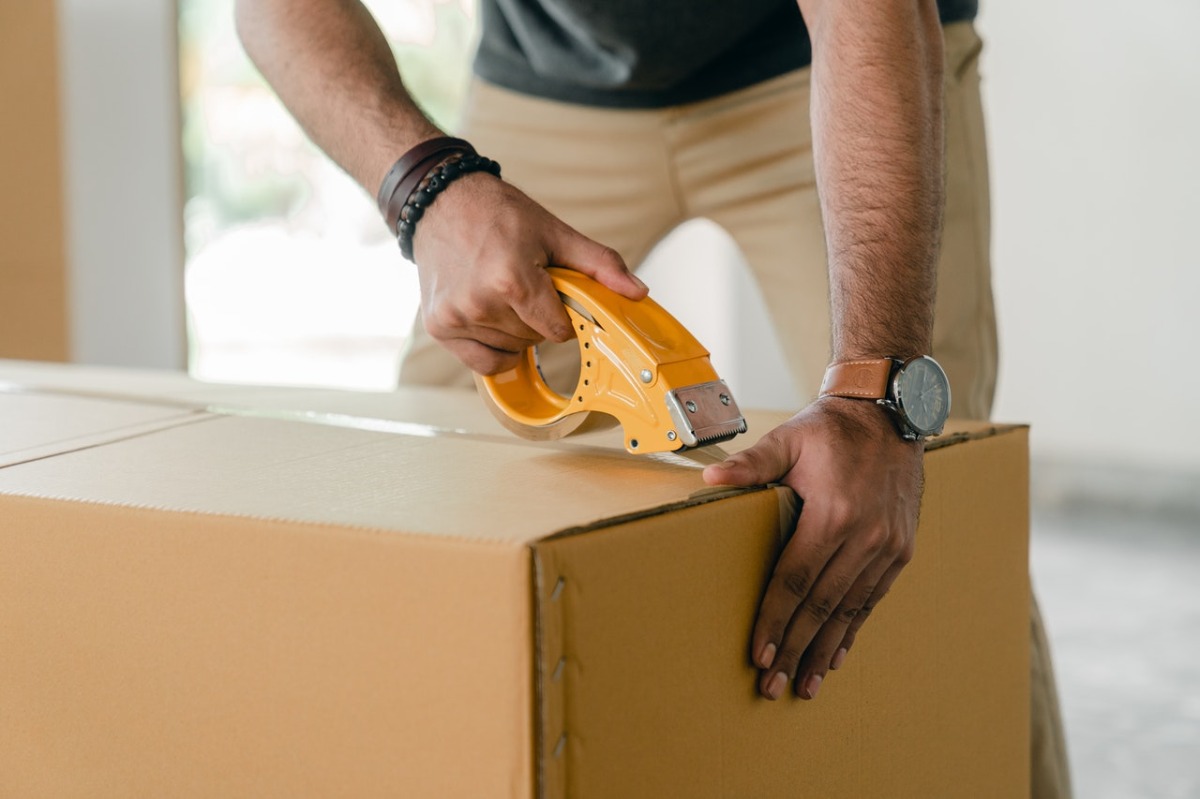The cost always affects business decisions. It’s no surprise. Someone who wants to make the most profit must minimize costs. But you might take things too far when it comes to shipping your products. It’s true, insurance sounds like an added cost. And yet, while it may be possible for you not to take out insurance on your shipped products, it may not be the best course of action. That decision could possibly blow up in your face big-time.
For one, you won’t get past Amazon’s gates if you are insurance-averse. Forget about having a shot at becoming an Amazon FBA bestselling entrepreneur. That’s for sure.
But what’s the basis for shipping insurance? Do you really need it? Isn’t it a fact that the shipper will cover damages to the goods when accidents happen?
Indeed, asking the right questions is the hallmark of a wise man. And you should know that seeing how everything stacks up before making a decision is the way to go. You definitely can arrive at a better place by making an informed decision. That’s why checking out key takeaways below taken from a page of Shippingeasy’s e-commerce shipping guide matter.
The Rationale Behind Shipping Insurance
First, let’s tackle the elephant in the room. In a perfect world, we won’t need insurance. That the truth hands down. But we live in an imperfect world where bad things could happen even with the best intentions.
A good example is how accidents do happen to logistics, particularly drivers on the road. For instance, it’s been reported that Amazon driver contractors have met accidents even death in their bid to deliver products on time.
Of course, accidents could be a drop in the bucket. But that’s exactly why insurance matters.
Just think about your personal abode. Homes that are insured allow homeowners to breathe easy knowing that they’re pretty much covered when unforeseen natural disasters such as fire and hail come. That said, by taking out the best homeowners insurance coverage, you protect your home.
It’s not every day that a fire in the neighborhood breaks out. But what will happen if it does? Where would you get the cash to rebuild your home if you’re still paying the mortgage for it? Good insurance is protection for your most prized possession.

The Courier’s End
By default, your carrier will carry responsibility for the products being shipped. But take note, this responsibility is only to some degree. That’s why declaring products right when shipping works to your advantage.
Most global express couriers will cover up to $100 USD value of both domestic and international shipments. We’re talking about FedEx and other major couriers. USPS is a little picky. The logistics company will only cover $100 USD when you utilize Express Mail service.
Know that these values are not insurance for your shipped item. They are the liability of the courier based on your item’s declared value.
Thus, it makes sense that if your item costs above $100 or above the covered courier’s liability, you should take out shipping insurance. This is also the reason why you need to do your due diligence and read the fine print when entering into a business relationship with a shipper or a logistics company.
Reading the Fine Print
This is where your business acumen comes in. Scrutinize the fine print for your own good. Know that when things go south, a claim could be denied. The courier may not cover an event as specified in your agreement.
A classic example is a case for coins, cash, or precious stones. USPS and FedEx insurance won’t cover it. Additionally, certain countries are taboo and your shipping insurance won’t mean a thing.
And focus on the numbers. Some higher-value items have a ceiling in their insurance. For instance, your smart TVs. Plasma-screen TVs will only get up to $1000 USD insurance when you ship via FedEx. Here’s a look at some of FedEx’s shipping insurance limitations.
Limiting Risks
Take note that certain items pose quite a risk. Think of the long haul. Your shipped items pass through many hands. And with each transfer comes risks.
Hot items that can easily be pawned or resold such as Bluetooth speakers or folding bikes are a darling to a thief’s eyes. The same holds true for compact items and those that carry a great brand. In this sense, getting rid of those branded boxes is thinking straight.
Usually, shipping insurance will cost you about 3% of your declared value. It’s not much. But it could be the difference between tears of pain and tears of joy when the shipment receiver rings you after the out-of-the-box experience.




